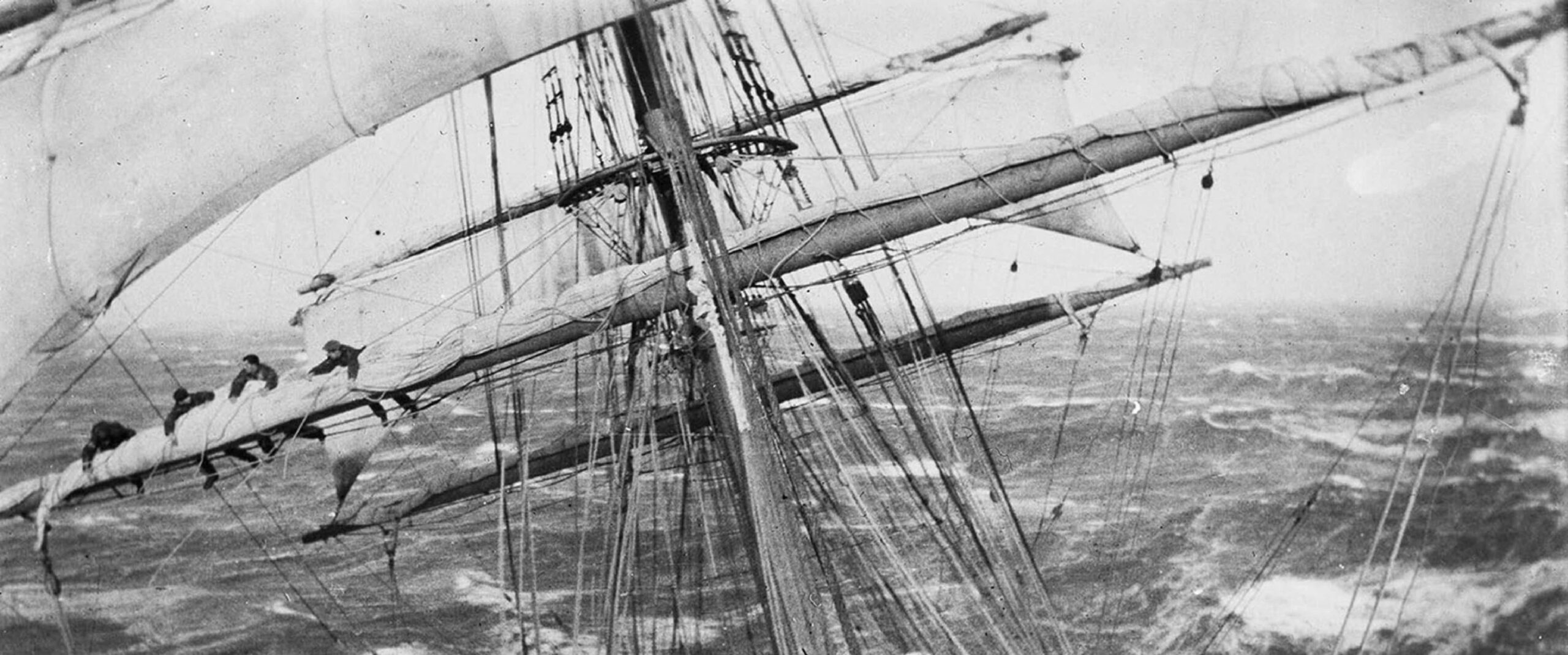
The problem with being accountable is that you might have to accept that you were wrong.
Your ego might have to take a hit.
Some leaders have a problem with the truth, or accepting they might be the cause of some problems – because their egos are too sensitive.
Their large egos are a weakness.
They have the personality to influence other people but they don’t have the personality to accept criticism.
Strong leaders, on the other hand, balance their ego with openness.
I’ve had the privilege of working with strong leaders. The best of them, without exception, had big egos but knew how to keep them under control.
The worst were controlled by their egos.
Not always outwardly aggressive, some strong introverts, but all thin skinned. Actually the quiet, less extroverted egos were the worst. Instead of getting mad they got even. Hard to measure. Sneaky even.
Ego is essential to leadership, we all have one.
Keeping it in check is the key. Using it as a force for good, not allowing it to rule over you.
One way to harness your ego is to practice being unselfish.
Learn that standing aside for someone less capable than you doesn’t make you less capable – by standing aside sometimes.
Learn that listening to someone who’s less senior than you doesn’t demote you – by listening to your team.
Learn that sorting out someone else’s problem first doesn’t increase your problems – by helping someone with their problems.
Learn that giving away your time to others doesn’t shorten your life or make you poorer – by being generous with your time.
And so it goes.
“…strong leaders.. balance their ego with openness…”
We all have egos, your attitude to others will determine whether it’s in control or not.
A little unselfishness makes you stronger.
Here’s a final thought – if you think your ego maybe a problem you’re likely on track to fixing it.
If it’s never occurred to you that you might be controlled by your own sense of self worth, you might just be controlled by it.
Try asking a trusted confidant. Or take a personality test.
Or better yet, ask your team. They may not answer truthfully but they’ll appreciate that you asked.
Just accept that your ego might not be helping your job.
You see, leadership isn’t all about you.
Is ego a problem?
.
.
“I might be wrong, but at least I’ve thought about it…”

Very good observations and suggestions Bruce.
What about leaders who have none to very little ego ? Does that make them weak leaders ?
If ego is essential for leaders, what would be the good examples where ego add value ? ( ie persistence).
Great question. Ego is a complicated term. Put simply it’s our sense of self esteem or self importance & we all have some. Low (or hidden) ego doesn’t make leaders weak but it does mean they’ll be less likely to be assertive about things they’re not sure about. A low ego leader has to centre decisions on something else other than themselves or their own opinions. That might be the work at hand – say a great tradesman or scientist. Or a cause – a religious or charity leader. They can easily lead other similarly minded people. A strong ego doesn’t need content they can centre their decisions on their own opinions, which allows them to take bigger risks and explore untested ideas more. A strong ego is like a louder voice in your head, making it harder for others to be heard – hence my point about practicing unselfishness to balance it out.
Great insights. Thank you Bruce.
I think a useful definition of low or high ego is what you’re centred on. High ego centres on themselves so needs to find ways to listen to others to be an effective leader. Low ego centres on something or someone else, so needs to find ways to make themselves heard if they want to lead others. 🤨